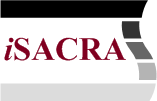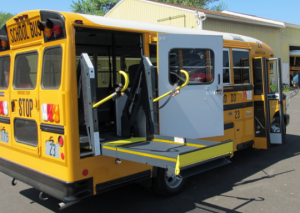In the US, a child with physical disabilities may have a 504 plan or an IEP. Having an IEP is usually based on providing services to remedy academic needs as well as access issues. Academic issues might be delays in common academic skill such as reading or math. Very often, children with SA/CRS don’t have these types of academic delays, so sometimes it is thought that the IEP is not necessary. However, addressing academic issues in an IEP can also include areas beyond reading and math. It can address specific advocacy, social skills and vocational planning needs and these are very important skills for children to acquire. Here are some examples of IEP educational goals that are outside of the purely academic areas that may apply to children with SA/CRS.
- The student will develop self-advocacy skills by identifying challenges and developing solutions such as (1) in participation in physical education activities and proposing alternative solutions to the physical education instructor and (2) in the school environment by identifying barriers to access and reporting barriers to the case manager with suggestions for improvement.
- The student will acquire and demonstrate organizational and self-care skills to optimize success in the educational setting.
- The student will increase mobility skills to optimize participation in academic and extracurricular activities.
- The student will develop enhanced social skills for problem solving and assertiveness to increase positive interactions with nondisabled peers in small group educational settings.
- The student will acquire and apply options and strategies for responding to unpleasant social encounters such as staring, personal questions, and instances of discrimination or bullying.
- The student will prepare for high school exit and develop vocational plans by identifying skills, interests, and abilities; exploring career-related challenges and possibilities for individuals with disabilities; and researching laws related to the hiring of persons with disabilities.
- The student will develop vocational skills specific to the known barriers to hiring of persons with disabilities and responding to employment interview questions that address accommodation needs, resources, and attitudinal concerns among employers.

